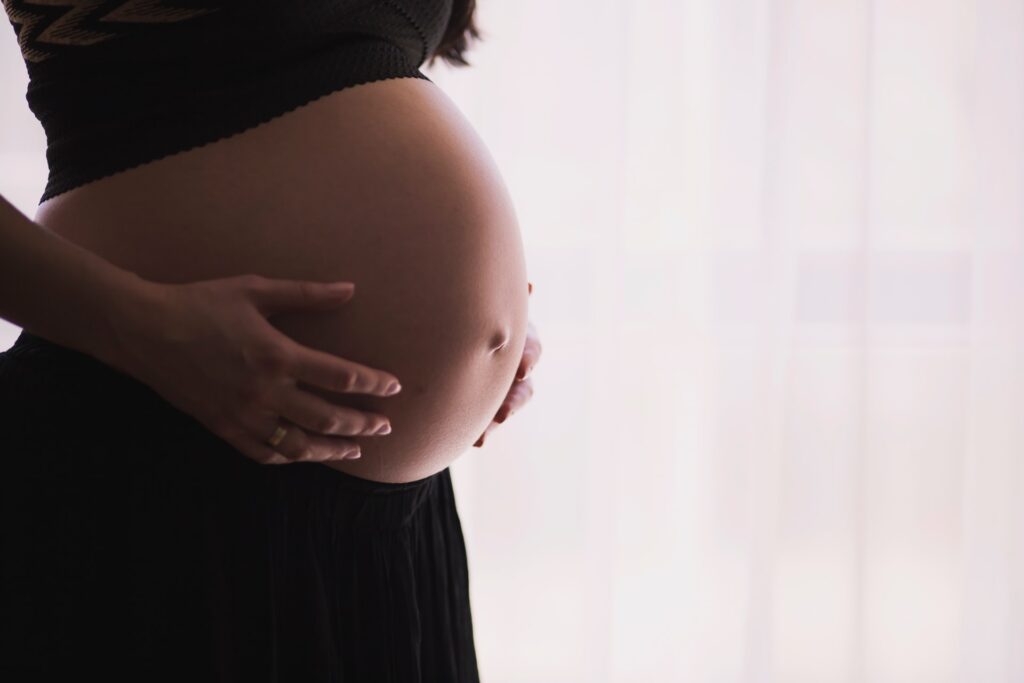Nutrition in pregnancy
During pregnancy consumption of some foods is contraindicated due to their potential influence on the pregnancy and the baby itself. It is important that pregnant women know which foods they should avoid, so they can go through the process of pregnancy and giving birth without compromising the health of their baby.
What foods should be avoided in pregnancy?
Fish high in mercury should be avoided as mercury is toxic and does not have known safe levels of exposure. Too much mercury can have adverse health effects on the nervous system, immune system and kidneys and can also cause developmental problems in children, even when consumed in lower amounts. Fish such as shark, swordfish, king mackerel, tuna, marlin, orange roughly and Gulf of Mexico tilefish are examples of high mercury fish and should be avoided by pregnant women. Another type of food that is contraindicated for pregnant women is undercooked or raw fish (e.g. sushi) as they can cause infections due to exposure to viruses, bacteria and parasites, which can further cause weakness and dehydration and that is dangerous for the pregnancy.
The same goes for undercooked, raw and processed meat. Some bacteria might actually dwell within the muscle fibers of the meat, so rare steaks are also to be avoided even though they are fried on the outside. Raw eggs also should be avoided due to the same reasoning. The common thing about raw meats, fish and eggs is that all of them may contain Salmonella bacteria. Organ meat consumption should be avoided in the first 3 months of pregnancy as consuming too much vitamin A can lead to miscarriage and congenital deformations.
Another type of product that is to be avoided is caffeine, which intake should be limited to 200mg daily by pregnant women, because it can restrict fetal growth and increase the risk of delivering an underweight baby. Raw sprouts such as lucerne, clover, radish and mung bean sprouts can also be contaminated with Salmonella bacteria, similarly to unwashed fruit and vegetables.
Unpasteurized dairy products, as well as unpasteurized fruit juice, may also contain harmful bacteria, such as Salmonella, E. coli and Campylobacter. Alcohol should be avoided completely because it increases the risk of stillbirth and miscarriage. As Science Daily writes „Each week a woman consumes alcohol during the first five to 10 weeks of pregnancy is associated with an incremental 8% increase in the risk of miscarriage, according to a study by Vanderbilt University Medical Center (VUMC) researchers.”(1). The last type of foods that should be avoided are processed, unhealthy fast foods and sweets that contain refined sugars and hydrogenated fats as they are generally unhealthy and calorie-dense while also containing poor amount of essential nutrients at the same time.
References:
- Science Daily, Miscarriage risk increases each week alcohol is used in early pregnancy (2010), available at: https://www.sciencedaily.com/releases/2020/08/200810102430.htm




